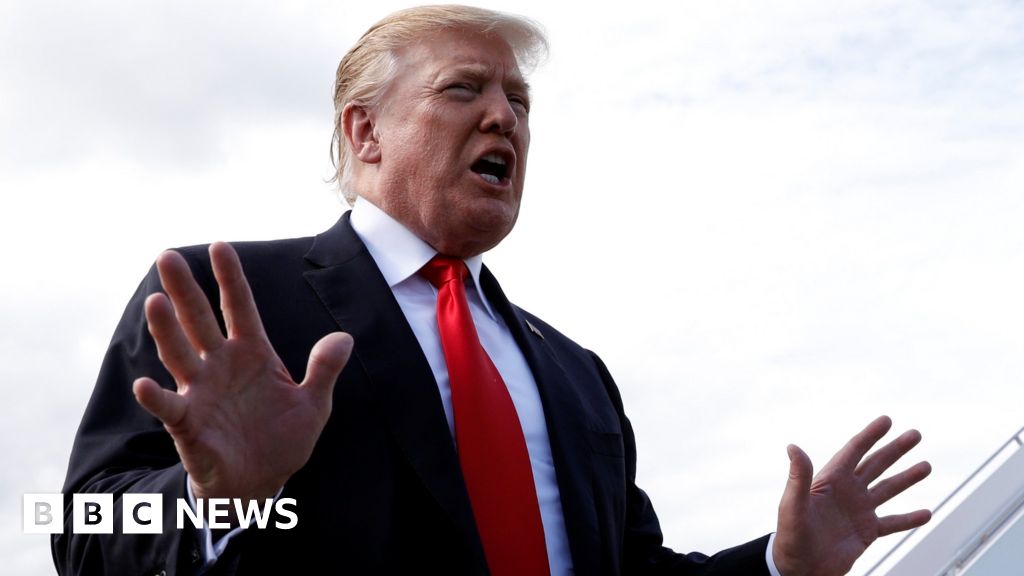Trump, like many other far-right populists in the world, is on a spectrum that indicates how much of a friend they are of Russia. On one end there are people taking basically orders directly from the Kremlin (agents), on the other hand are people who form a symbiotic relationship with Putin (treating each other as assets). Specifically, their actions are on that spectrum. No matter how you put it, effectively Trump is better for Russia than a president who’d be better for the US, like Biden.
That said, guy comes in here wearing his Independent wristband and sounds at least somewhat reasonable.
Wholeheartedly disagree with in particular the last part, especially these days where proganda reaches the masses so easily. Also, the reality of perception and the perception of reality, the phenomenal words vs the noumenal world, are fundamental philosophical topics. Someone’s or some group’s perception is simply not the whole of reality and inherently flawed. Perception is reality is inaccurate because we assume reality is not merely perception. However, as Kant argued, ironically it’s the noumenal world, “real reality”, of which we cannot have direct knowledge, we can only speculate about its nature. Perception is reality is not necessarily a false statement, just lacks nuance.
I think you forgot a word, fify, and yes to the underlined part. “Reality is reality” however is a tautology that overlooks the role perception has on reality. Which is what I perceive our new Independent contributor was going for.



